Government of India announces Battery Waste Management Rules, 2020
The Ministry of Environment, Forest & Climate Change (MoEFCC) - Government of India, has uploaded a draft notification on its website of the 'Battery Waste Management Rules, 2020'. It is a more strictly codified version of the existing Batteries (Management and Handling) Rules of 2001.
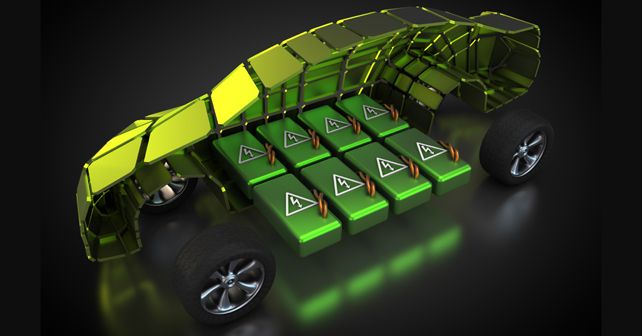
The move aims to bring into control the ever-growing use of electric batteries, especially in EVs. The draft notification also emphasises on the formalisation of the battery recycling process across the country.
The Ministry of Environment, Forest & Climate Change (MoEFCC) - Government of India, has uploaded a draft notification on its website of the 'Battery Waste Management Rules, 2020'. The new draft notification is an enhancement & a more strictly codified version of the existing Batteries (Management and Handling) Rules of 2001.
The Battery Waste Management Rules, 2020 clearly focus on formalising the entire process - right from battery manufacturing, their marketing & retail to the recycling of end-of-life units. More importantly, the MoEFCC aims to work in tandem with the Central Pollution Control Board (CPCB) and the State Pollution Control Boards (SPCBs), with all stakeholders required to follow stringent guidelines.
As per the notification, these rules apply to 'Every manufacturer, producer, collection centre, importer, re-conditioner, re-furbisher, dismantler, assembler, dealer, recycler, auctioneer, vehicle service centre, consumer and bulk consumer involved in manufacture, processing, sale, purchase, collection, storage, re-processing and use of batteries or components thereof, including their components, consumables and spare parts which make the product operational.' However, these regulations are not applicable to battery products used/manufactured for military purposes, space exploration, emergency lighting & alarm systems or medical equipment.
For manufacturers, permissible limits have been mentioned for the use of toxic heavy metals (such as Lead, Cadmium & Mercury) in the manufacturing process of batteries. Meanwhile, they've also been tasked with the establishment of collection centres for waste batteries (independently or via JVs) and the movement of the waste from these centres to recyclers registered with the MoEFCC. Recyclers will also have to create public awareness on the significance of proper disposal/recycling of battery waste.
In related news, Maruti Suzuki Toyotsu India Private Limited (MSTI) - a JV between Maruti Suzuki & Toyota Tsusho Group, announced the establishment of a vehicle recycling plant in November 2019, which is expected to start operations by Q3 FY2020-21.
Read more:
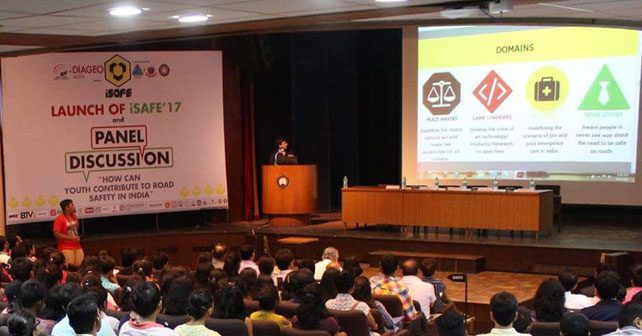
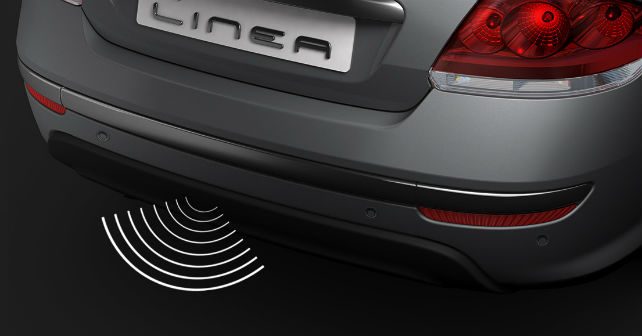
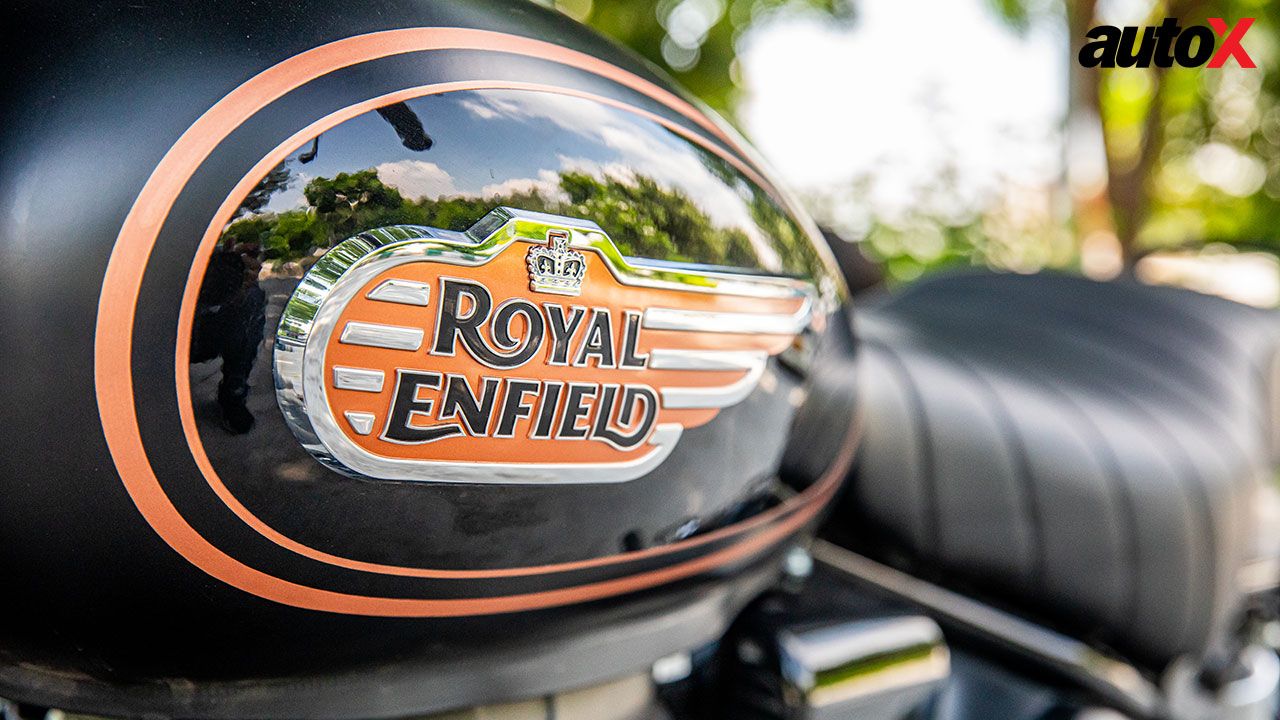
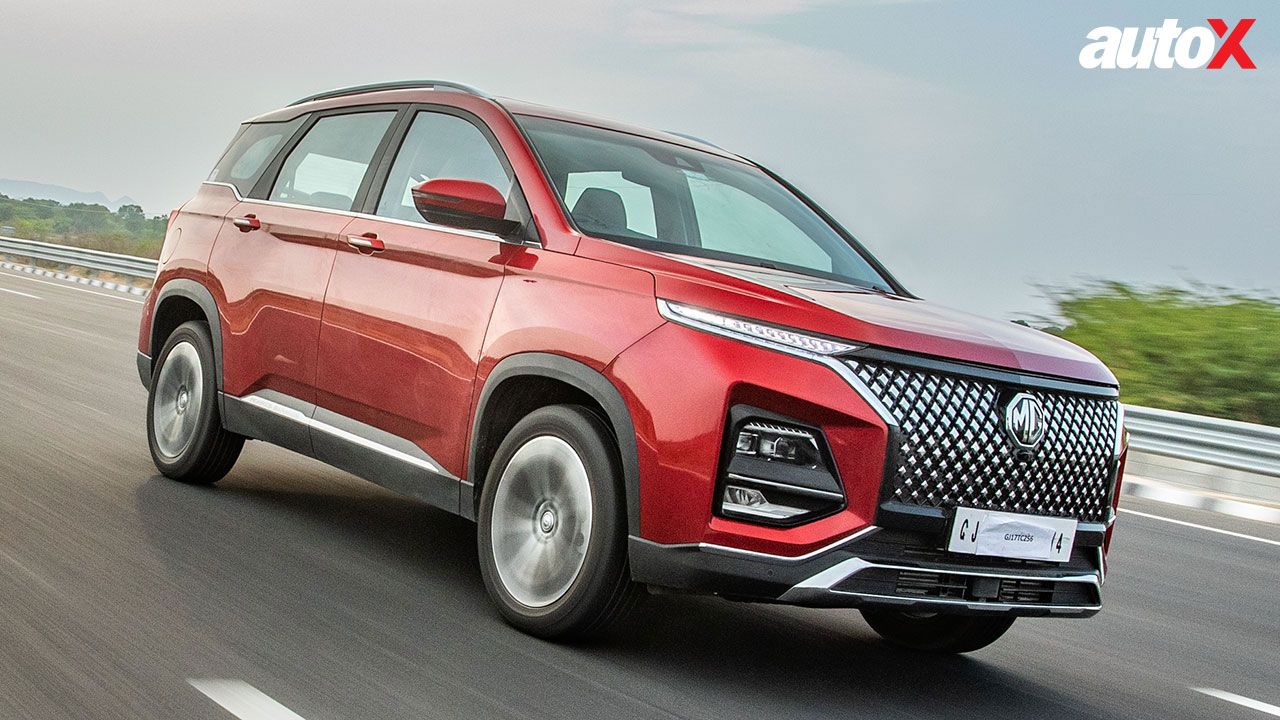
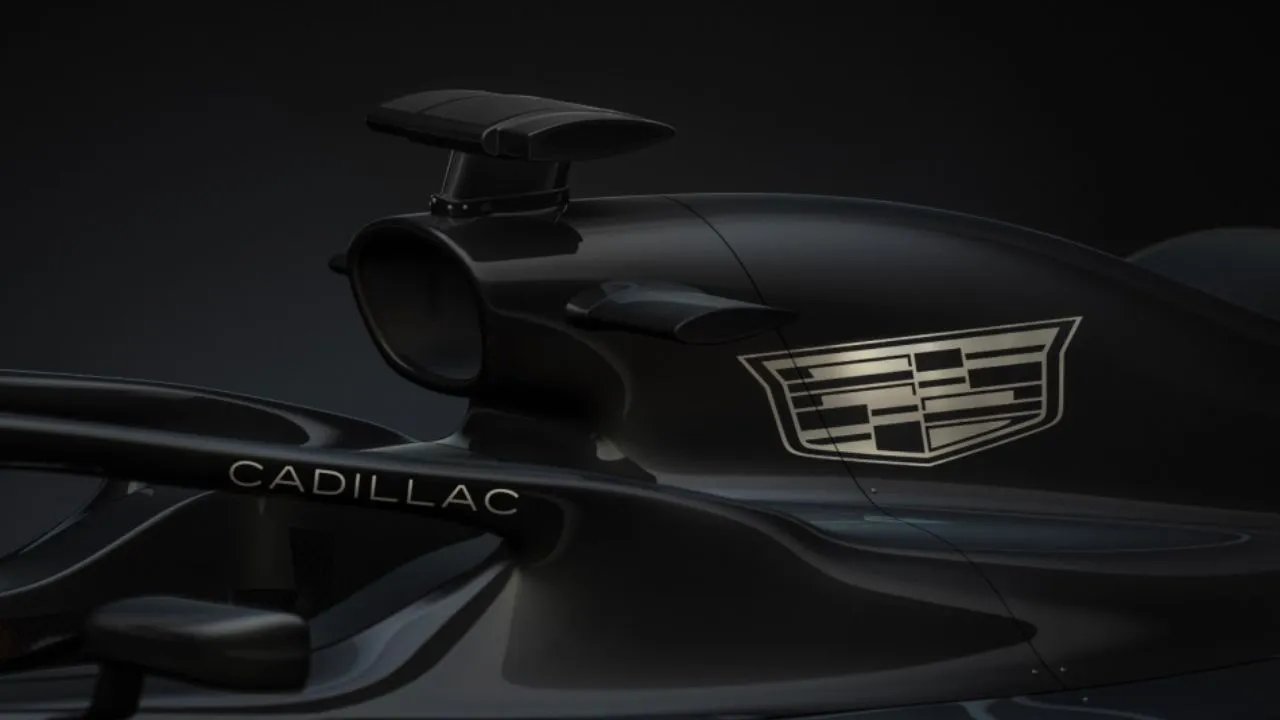

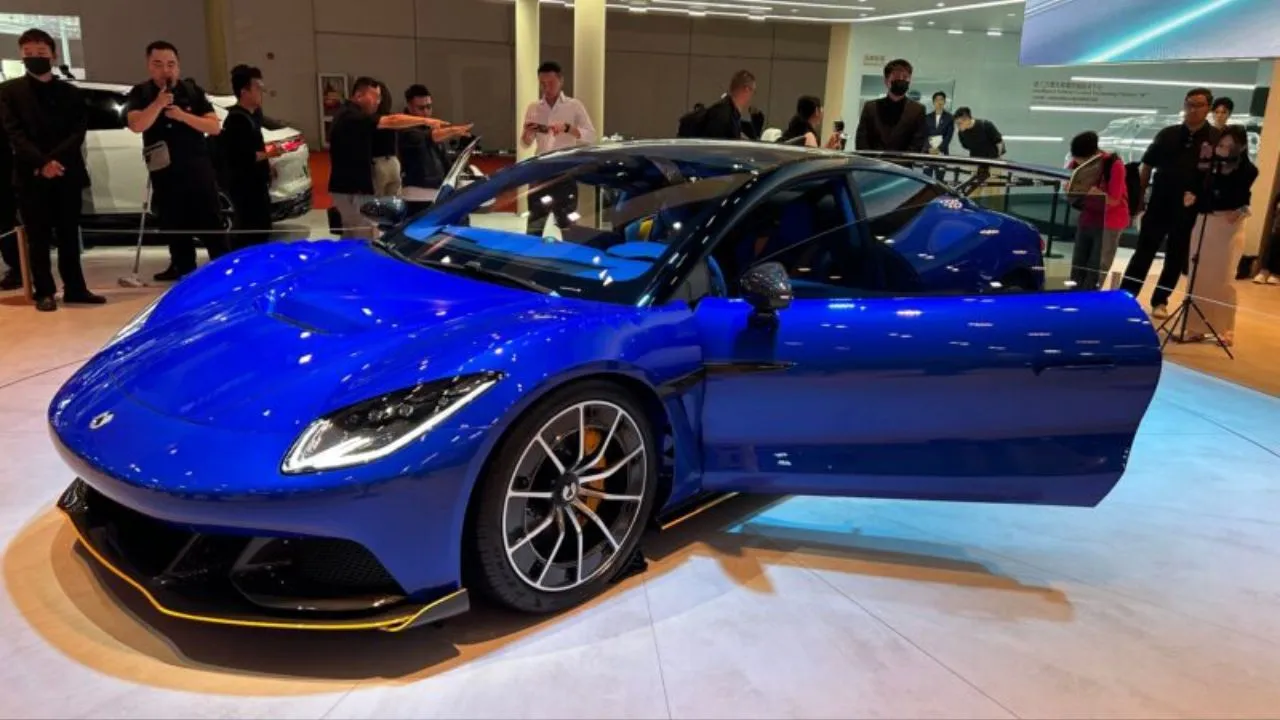
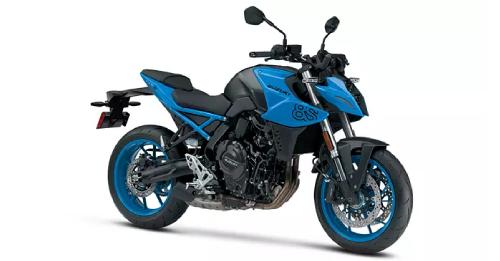
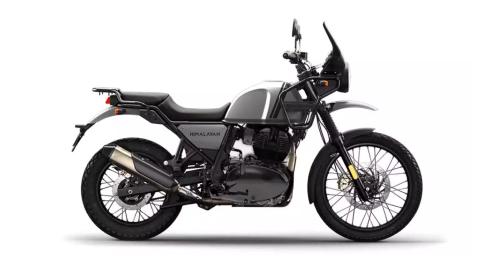
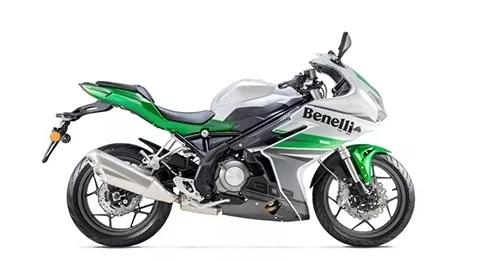
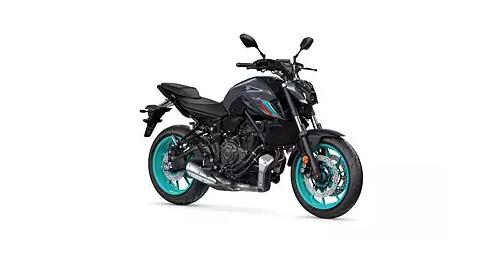
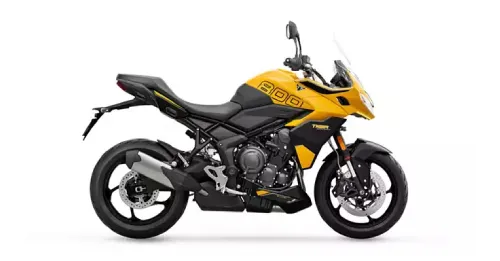














Write your Comment on